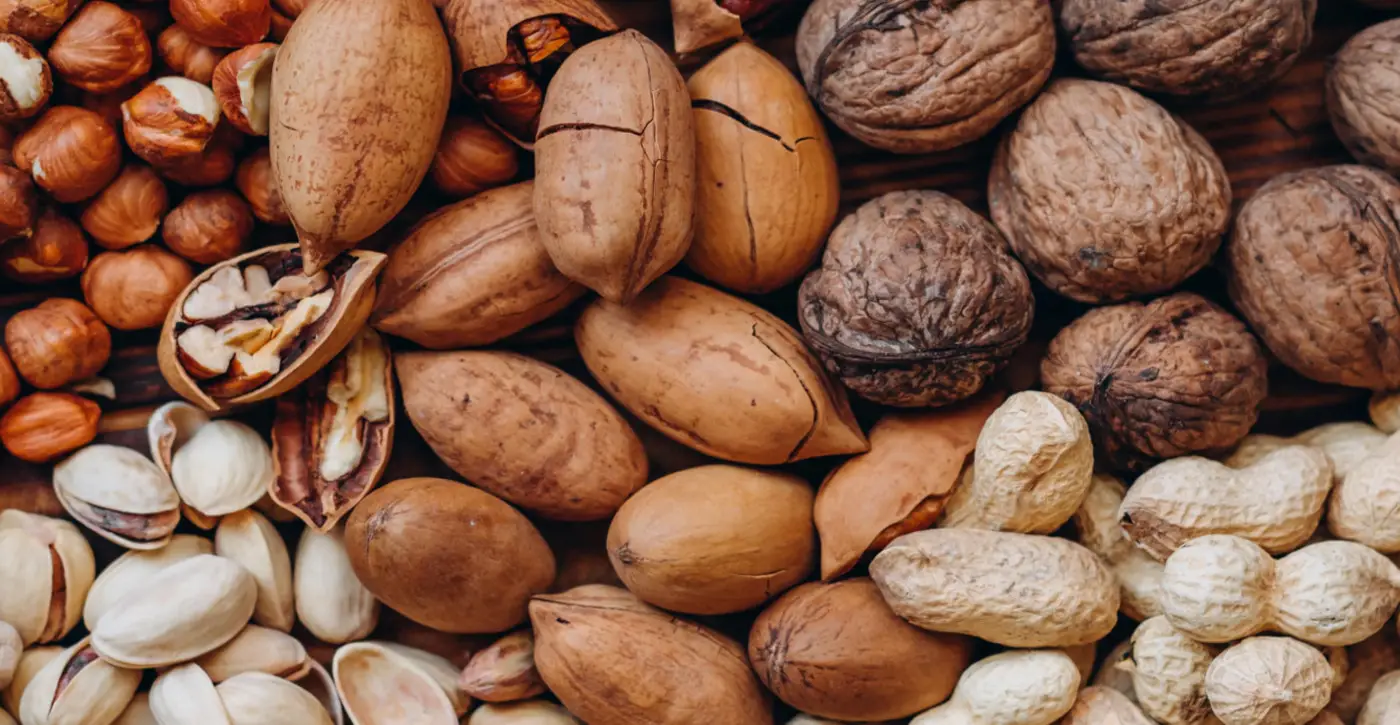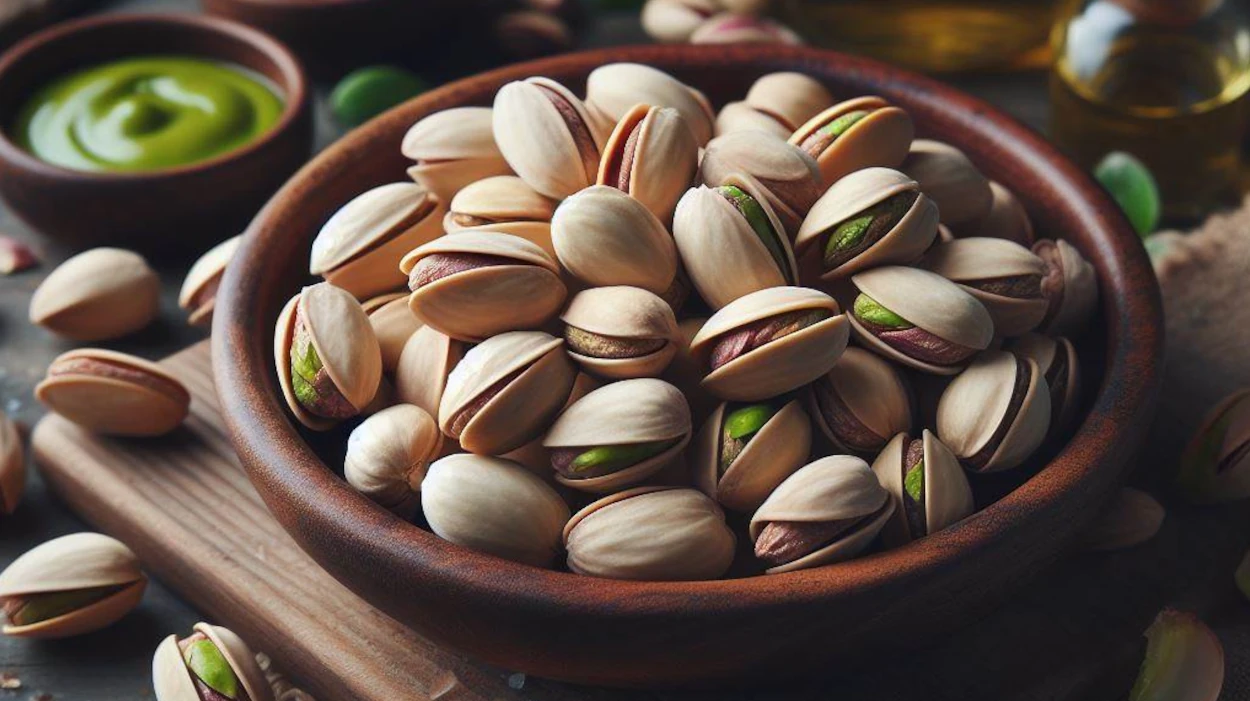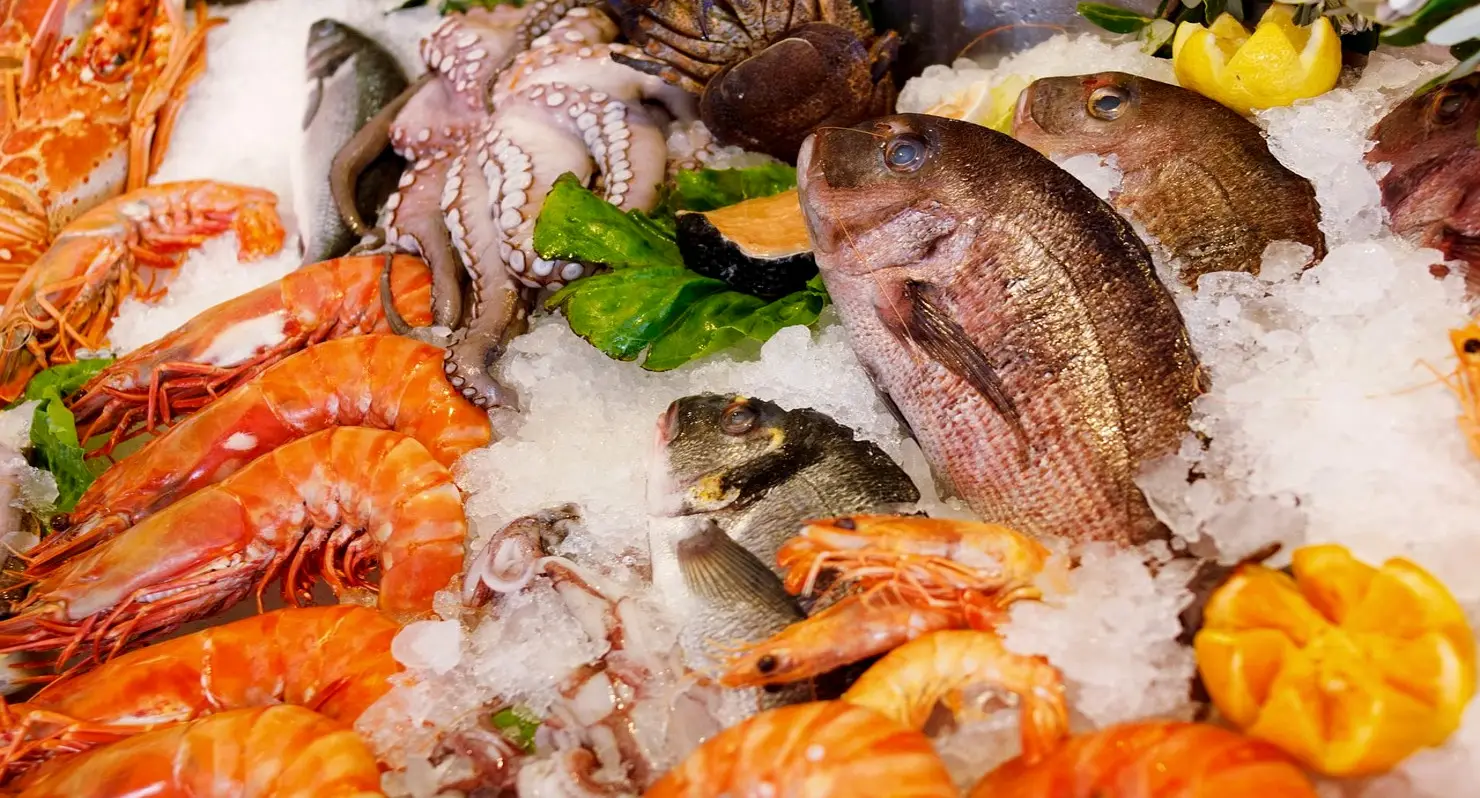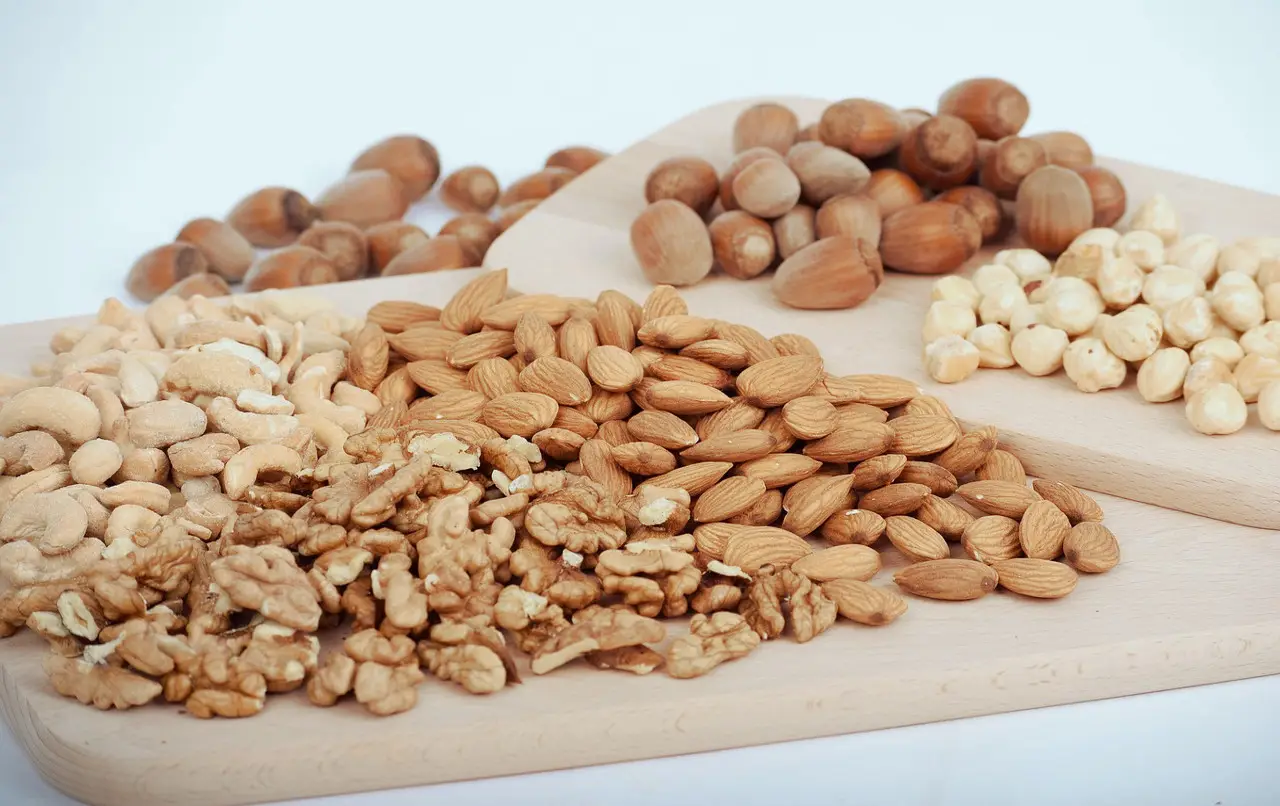Macadamia Nuts Lysine and Arginine Info Sheet
Overview
Macadamia nuts are the edible seeds of the macadamia tree, which is native to Australia. They have a hard shell and a creamy white flesh. They are one of the most expensive nuts in the world, due to their limited production and high demand.Macadamia nuts are high in calories and fat, but they are also high in nutrients and health benefits.
Macadamia nuts are rich in monounsaturated fats, which can lower cholesterol and improve heart health.
They also contain protein, fiber, magnesium, manganese, and antioxidants.
Macadamia nuts can help prevent diabetes, obesity, and metabolic syndrome.
They can also improve brain function, skin health, and bone health.
| Name | Lysine (mg/100g) | Arginine (mg/100g) | Ratio |
|---|---|---|---|
| Macadamia Nuts | 323.9mg | 895.5mg | 0.362 |
Macadamia Nuts contains 323.9mg of Lysine and 895.5mg of Arginine per 100g of product.
This means Macadamia Nuts has a low Lysine-Arginine ratio of 0.362.
Because Macadamia Nuts contains much higher levels of arginine than lysine, limiting its consumption is recommended by people who suffer from herpes, as it may trigger outbreaks.
Lysine Considerations
Macadamia nuts are a moderate source of lysine, as they provide about 45% of the RDI per 100 grams.
Lysine is an essential amino acid that is important for protein synthesis, collagen formation, and immune function.
People who eat macadamia nuts should make sure to get enough lysine from other foods, such as meat, eggs, dairy, soy, or legumes.
Lysine can help prevent or treat cold sores, which are blisters caused by the virus HSV-1, also known as herpes.
Lysine works by blocking the growth of HSV-1, which needs another amino acid called arginine to multiply and infect cells.
Lysine can only be obtained through diet, and can be found in a variety of high-protein foods like milk and cheese, fish, eggs, meat and poultry.
Arginine Considerations
Macadamia nuts are a good source of arginine, as they provide about 198% of the RDI per 100 grams.
Arginine is a semi-essential amino acid that is involved in nitric oxide production, wound healing, and immune response.
Arginine may also have some benefits for cardiovascular health, erectile dysfunction, and exercise performance.
However, people with herpes infections should limit their intake of arginine, as it may trigger or worsen outbreaks.
Arginine has multiple functions in the body, including wound healing, helping the kidneys remove waste products from the body, and maintaining immune and hormone function.
Arginine also plays a role in the replication of the herpes virus, making it a key factor in cold sore outbreaks.
The herpes virus requires arginine to grow, replicate, and create new herpes viruses.
Foods a decent source of arginine, such as nuts and chocolate, may increase the frequency and severity of these outbreaks.
Lysine-Arginine Ratio
Macadamia nuts have a low lysine-arginine ratio, which means they have more arginine than lysine.
This may be beneficial for some people, such as those with high blood pressure, poor circulation, or erectile dysfunction.
However, it may be harmful for others, such as those with herpes infections, as it may increase the risk of viral replication and outbreaks.
People who eat macadamia nuts should balance their diet with foods that have a higher lysine-arginine ratio, such as dairy, eggs, fish, or soy.
Both lysine and arginine are essential for protein synthesis and various other bodily functions.
They, however, have opposing effects on the herpes simplex virus, which causes cold sores and genital herpes.
Lysine can slow down the replication of the virus, whereas arginine can stimulate it.
Thus, a diet rich in foods with a high lysine to arginine ratio may help reduce the occurrence and severity of herpes symptoms.
Foods that have a high lysine-arginine ratio include dairy products, fish, poultry, fruits, and vegetables.
These foods can provide the body with enough lysine to compete with arginine and inhibit the virus from replicating and causing flare ups.
Dietary Considerations
Nuts are generally a great source of arginine and scarce in lysine, which makes them unfavorable for people with herpes.
Arginine can stimulate the replication of the herpes virus, while lysine can inhibit it.
Nuts that have the highest arginine to lysine ratio include peanuts, almonds, walnuts, and hazelnuts.
These nuts should be avoided or consumed in moderation by people with herpes.

For example:
A well-balanced and healthy diet that strengthens your immune system and lowers inflammation is important.
This means you should eat a lot of fruits, vegetables, whole grains, lean protein, and good fats, and avoid processed foods, added sugars, alcohol, and caffeine.
Avoid alcoholic beverages and caffeine which can overstimulate your body, leave you dehydrated, and compromise your immune system.Consider taking l-lysine supplements, which can help prevent herpes outbreaks and stop a cold sore before it emerges by limiting the availability of arginine for the virus, which it requires to produce a cold sore.
Taking other food supplements that can improve your immunity and protect your cells from oxidative stress, such as vitamin C, zinc, selenium, and antioxidants.
To prevent outbreaks, avoid foods that can cause allergic reactions or sensitivities, such as gluten, dairy, nuts, eggs, or shellfish.
These foods can harm your immune system and make inflammation worse.
Foods that can boost your immunity and fight inflammation are essential to prevent outbreaks.
Honey, yogurt, aloe vera, and chamomile are some examples of these foods.
They can also soothe your symptoms and help you recover quicker by reducing pain, swelling, and itching.
Check more food information






